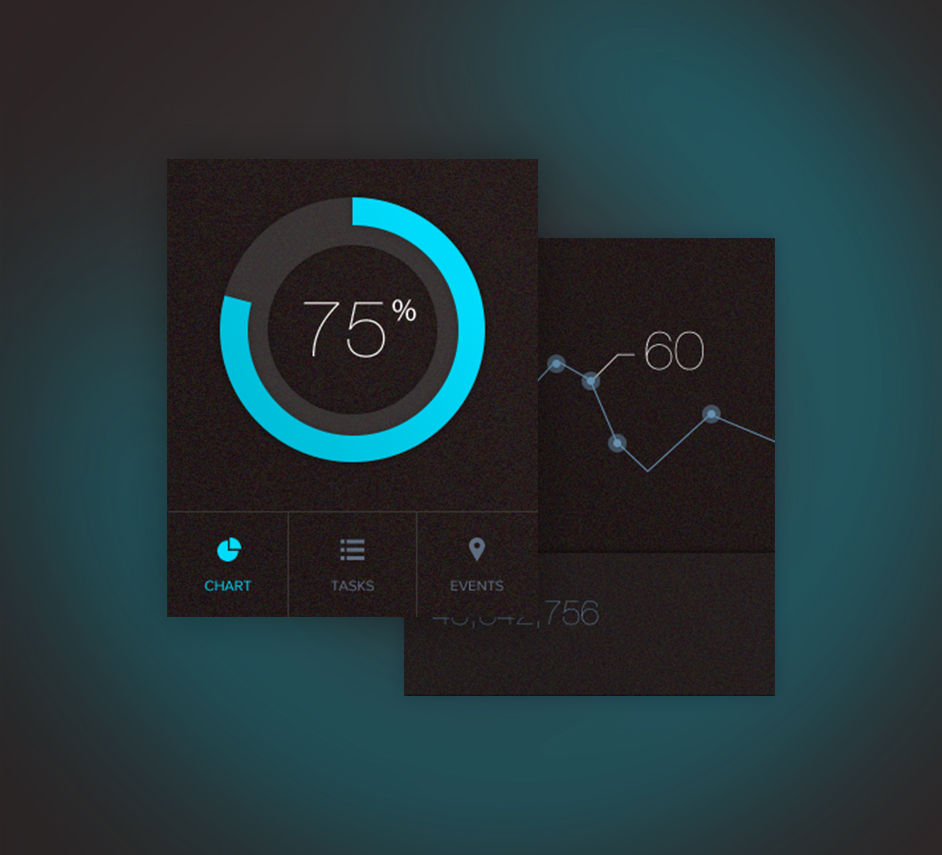BTR backbone
- Fabio De Gaspari

- Feb 23, 2021
- 3 min read
Updated: Feb 24, 2021
The recent boom of BTR in Spain is creating a large pipeline of product but i think that large parte of the value of this product will come from the ability of the operator. It's not the same to build a real estate products than to create a living experience.
And you can't operate this type of asset without having a PMS.
Property Management Solutions
Property management solutions are the backbone for BTR buildings, and Yardi is the dominant player in this space. Another large player, RealPage, was just acquired by the private equity firm Thoma Bravo in an all cash deal valuing the company at $10.2B. Other companies like Appfolio are starting to gain share in this space. Unlike a tenant engagement app, property management platforms are geared more towards the property owner or manager. Handling services such as accounting, document storage, facilities management, and marketing & leasing, property management platforms are table stakes for owners and operators. Property management solutions tend to be very sticky and once they are deployed throughout a portfolio, it is challenging (although not impossible) for them to be replaced.
Many other names coming from more humble origins and side sectors could be easily adapted to manage apartment buildings (I have tested a few ones and some software have nothing to regret at a totally different price points.)
Most of service provider has their own app and the last thing that a resident is going to do is use one app to unlock their door, another app to let visitors in, another one to pay their rent, an app to enter a maintenance ticket, and so on. Requiring a different app for every service removes all of the efficiencies that the technologies were intended to create. To solve this, companies often expand their offering to encompass more services (example: a property management company that starts to offer tenant amenity). Since both services are so different from each other, the expanded offerings are often subpar in quality compared to other companies that specialize in it. That leaves 2 feasible possibilities: Integration and Acquisitions.
Since everyone wants to be the system of record and the branded app that customers use, you end up with a situation where companies try to be everything to everyone instead of playing their role in the ecosystem. The other scenario which is equally as likely is that industry giants continue acquiring companies that offer complimentary services and build a true end-to-end solution made up of the industry’s best offerings. Yardi has completed over a dozen acquisitions in the last 10 years, and since 2018 RealPage has acquired ClickPay, SimpleBills, Buildium, Modern Message, and Stratis.
But this is only a part of the ecosystem: we have tenant engagement apps.
RiseBuilding have been around for some time now and provide a platform that offers comprehensive services like access control, visitor management, package solutions, and operational efficiencies among others. One company launching their product, Sugar, has a slightly different focus. While Sugar offers traditional services like access control and visitor management, their primary focus is on building community.
Another wondeful names, unlike apps that silo one building, is the HILO Tenant Experience: it is a solution that connects people to their building community, neighborhood, and city, where they work, live, or visit. Their solution allows people to access rewards, content, programs, services, and each other, whether they are in the office, working from home, or commuting in between. “This will ultimately help building operators deliver the best possible customer experience”, according to David Abrams, HILO’s Co-Founder and CEO.
Providers typically require hardware in order to provide services like access control and visitor management.
Access control provides a necessary utility (you need the app to enter the building and even to unlock your unit door), so by embedding access into the Tenant App, you increase the residents reliance on it; which in theory should lead to adoption of other services that they offer.
PropTech is creating not only exciting new amenities and services, but also completely new models and brands able to leverage soft and hard features.
I've recently read that Europe is 20 years behind US in this segment: surely in terms of size and number units it's true but i think that the catch up time won't be so long. In UK wonderful brands as Moda Living, Urbanbubble or Packaged Living are great example. The approach are different, from developer fully integrated to JV with dedicated operator.
There's a large opportunity for middle sized smart brands and operators in Spain to fill the gap.




Comments